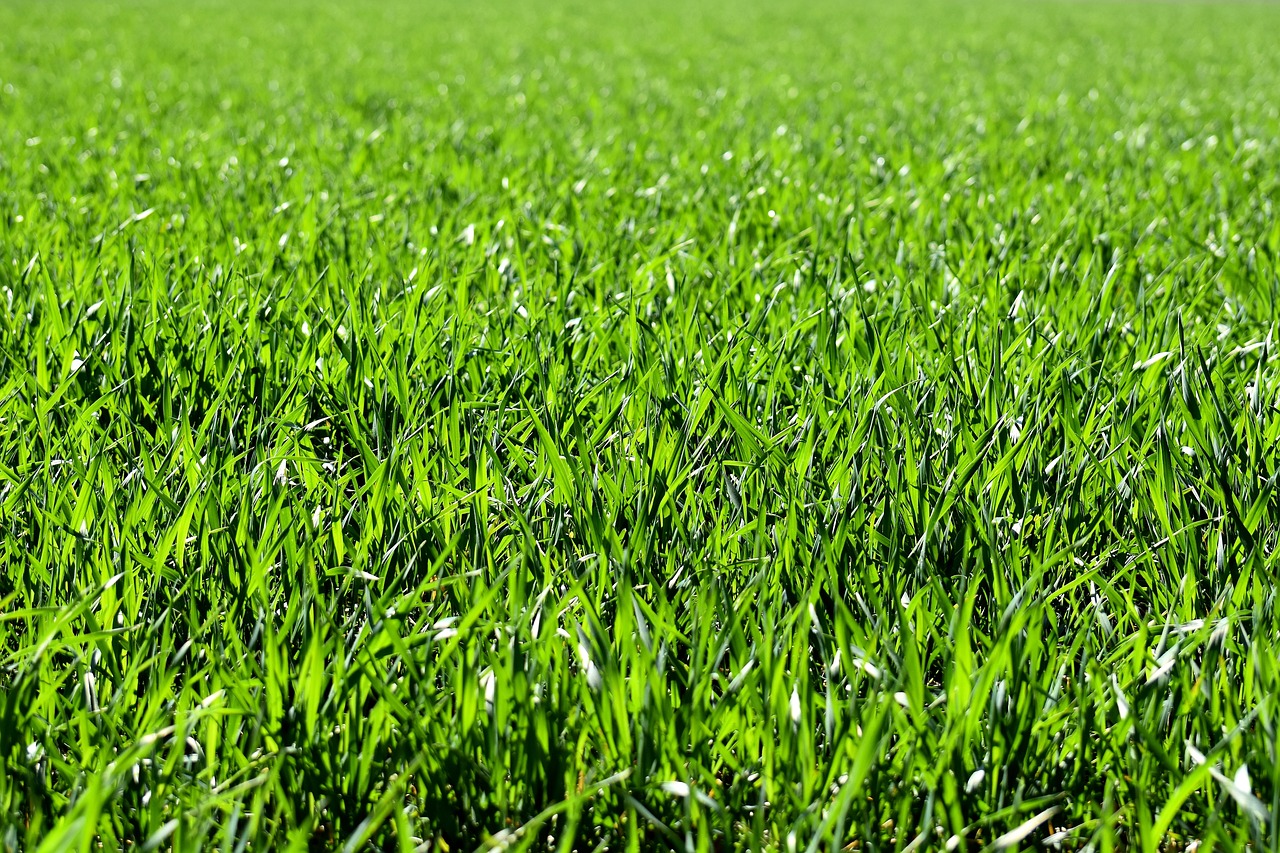Introduction
Selecting the right type of grass for your lawn is a critical decision that can significantly impact your lawn’s appearance and maintenance requirements. Bermuda and fescue grasses are two popular choices, each with its own set of characteristics and advantages. In this blog post, we’ll explore the key differences between Bermuda and fescue grass to help you make an informed choice for your lawn.
1. Climate and Adaptability
Bermuda Grass:
– Warm-Season Grass: Bermuda grass thrives in warm climates and is well-suited to regions with hot summers.
– Drought-Tolerant: It is highly drought-tolerant and can endure periods of limited water.
Fescue Grass:
– Cool-Season Grass: Fescue grass is a cool-season grass that excels in regions with moderate temperatures, including cooler winters and mild summers.
– Better Shade Tolerance: Fescue has better shade tolerance compared to Bermuda grass and can grow in partially shaded areas.
2. Appearance
Bermuda Grass:
– Fine Texture: Bermuda grass has a fine, dense texture that creates a manicured and attractive lawn.
– Vibrant Green: It has a vibrant green color during the growing season.
Fescue Grass:
– Coarser Texture: Fescue grass has a coarser texture and may not create as uniform and finely textured lawns as Bermuda.
– Deeper Green: Fescue typically has a deeper green color compared to Bermuda.
3. Maintenance
Bermuda Grass:
– Mowing: Bermuda grass requires frequent mowing, especially during the growing season, to maintain its desired height.
– Fertilization: It benefits from regular fertilization to promote lush growth.
Fescue Grass:
– Mowing: Fescue grass requires less frequent mowing, especially in cooler months.
– Fertilization: While it benefits from fertilization, it generally requires less frequent feeding compared to Bermuda.
4. Drought Tolerance and Water Needs
Bermuda Grass:
– High Drought Tolerance: Bermuda grass can withstand drought conditions and recover well after dry periods.
– Lower Water Needs: It generally requires less water compared to fescue.
Fescue Grass:
– Moderate Drought Tolerance: Fescue has moderate drought tolerance but may require more frequent watering during dry spells.
– Higher Water Needs: It typically needs more water compared to Bermuda grass.
5. Repair and Recovery
Bermuda Grass:
– Quick Recovery: Bermuda grass has excellent regenerative abilities and can recover quickly from damage, including foot traffic and pet activity.
Fescue Grass:
– Slower Recovery: Fescue grass has a slower recovery rate and may require more time to bounce back from damage.
6. Overseeding and Winter Color
Bermuda Grass:
– Overseeding: In some regions, Bermuda grass can be overseeded with cool-season grasses like ryegrass to maintain green color during the winter.
– Winter Dormancy: Bermuda grass goes dormant and turns brown during the winter months in cooler regions.
Fescue Grass:
– No Overseeding Needed: Fescue grass maintains its green color throughout the year in regions with mild winters.
– Year-Round Green: It doesn’t go dormant during the winter.
Conclusion
Choosing between Bermuda and fescue grass ultimately depends on your specific climate, lawn care preferences, and aesthetic goals. Bermuda grass excels in warm, sunny climates and offers a finely textured lawn but requires more maintenance. Fescue grass, on the other hand, is ideal for cooler regions with moderate temperatures, providing a coarser texture and better shade tolerance.
Consider your local climate, water availability, and how much time you’re willing to invest in lawn maintenance when deciding which grass type is best suited for your lawn. With the right choice and proper care, you can enjoy a lush and healthy lawn year-round.

Be The First To Comment